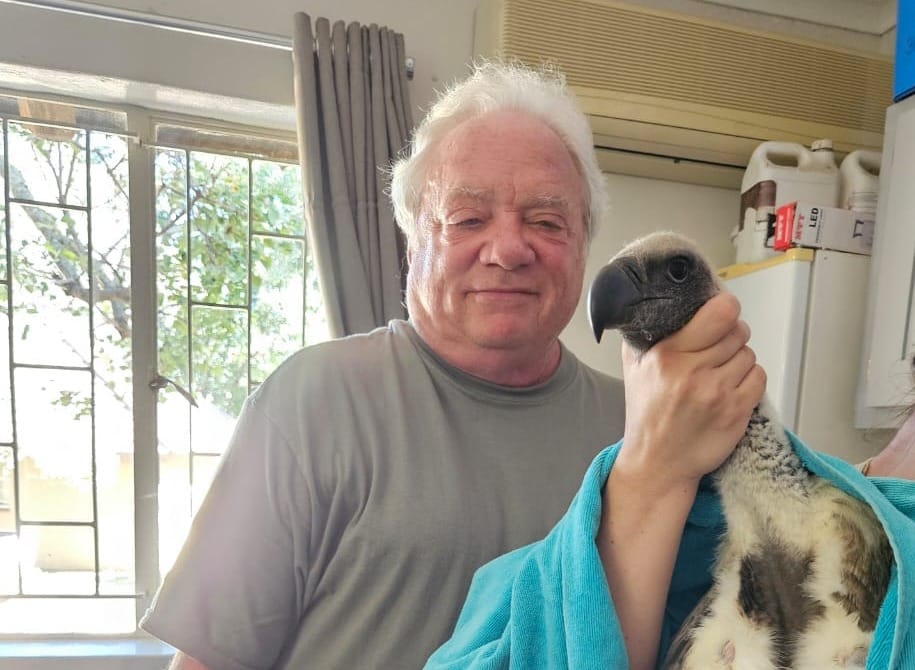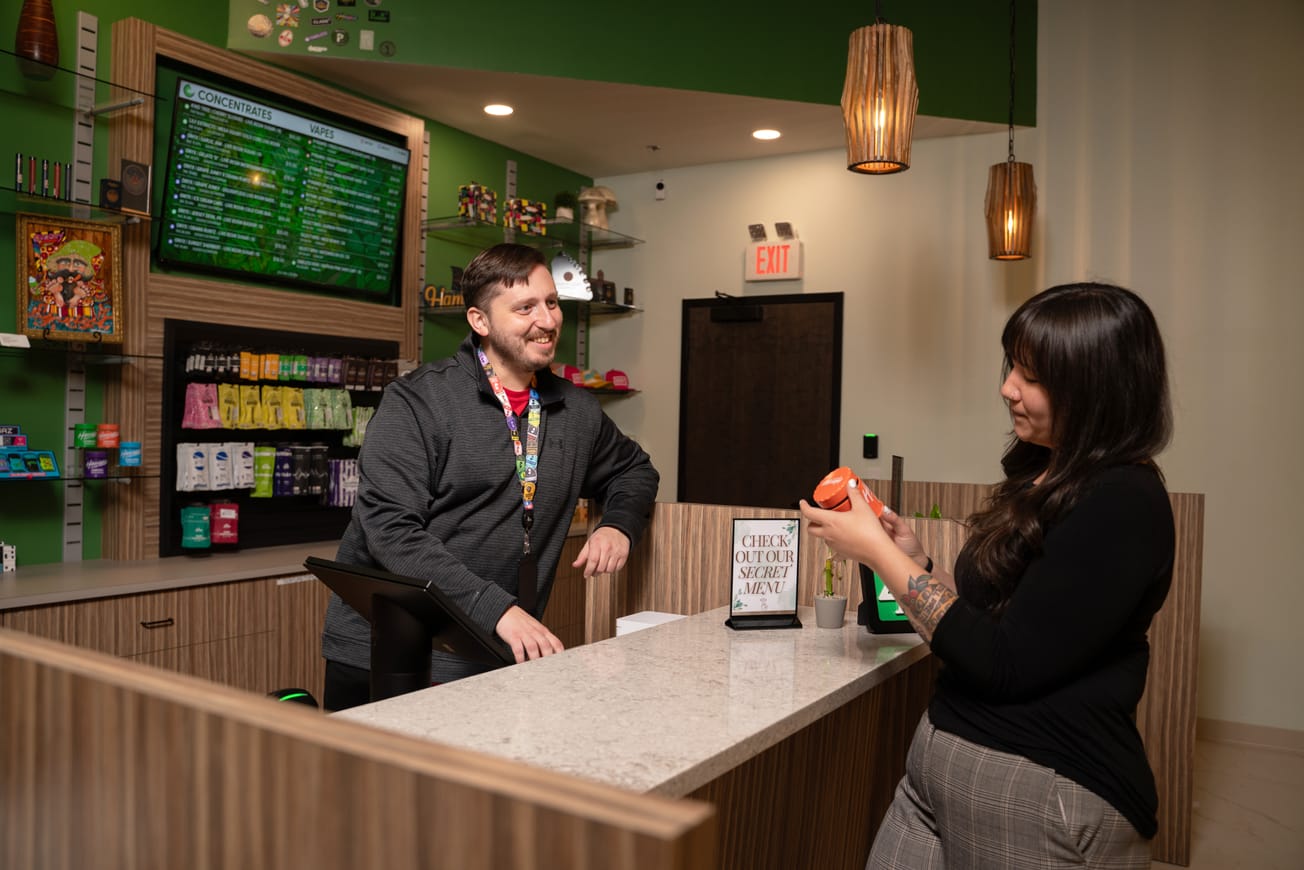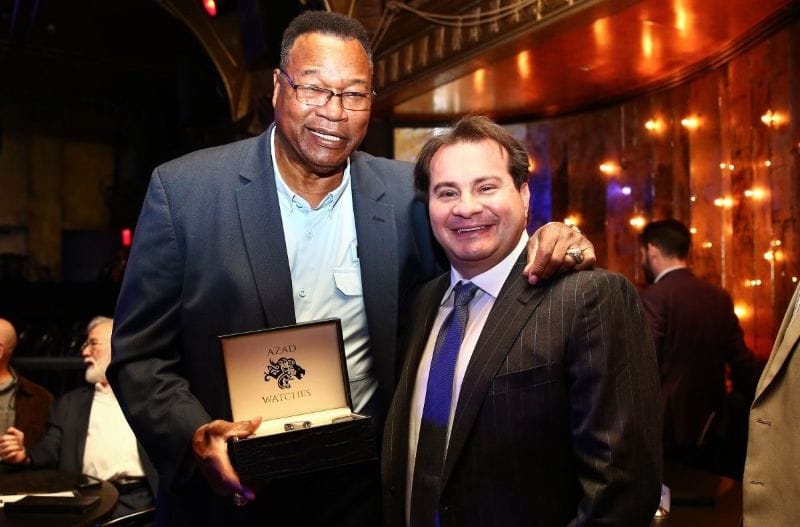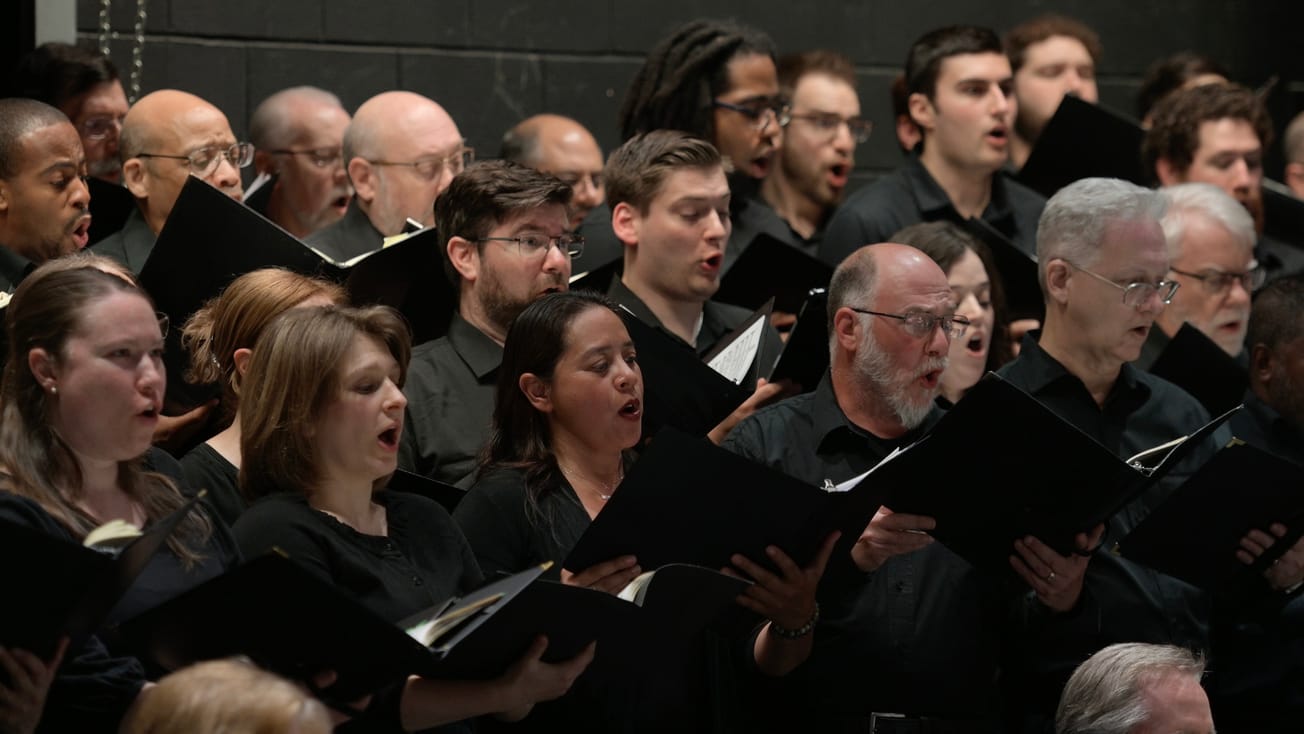By David J. Spatz
For some comedians, hitting the stand-up comedy trail early in their careers is simply a means to an end.
For many, their ultimate goal is to use their comedy to attract enough attention that television industry executives will sign them to appear in a sitcom so they can make good money without spending the better part of their year living out of a suitcase. Or – best case scenario – they’re so good that the TV honchos make them the star of a full 30-minute sitcom.
Either way, the objective is to use stand-up as a stepping stone, not as a lifelong profession.
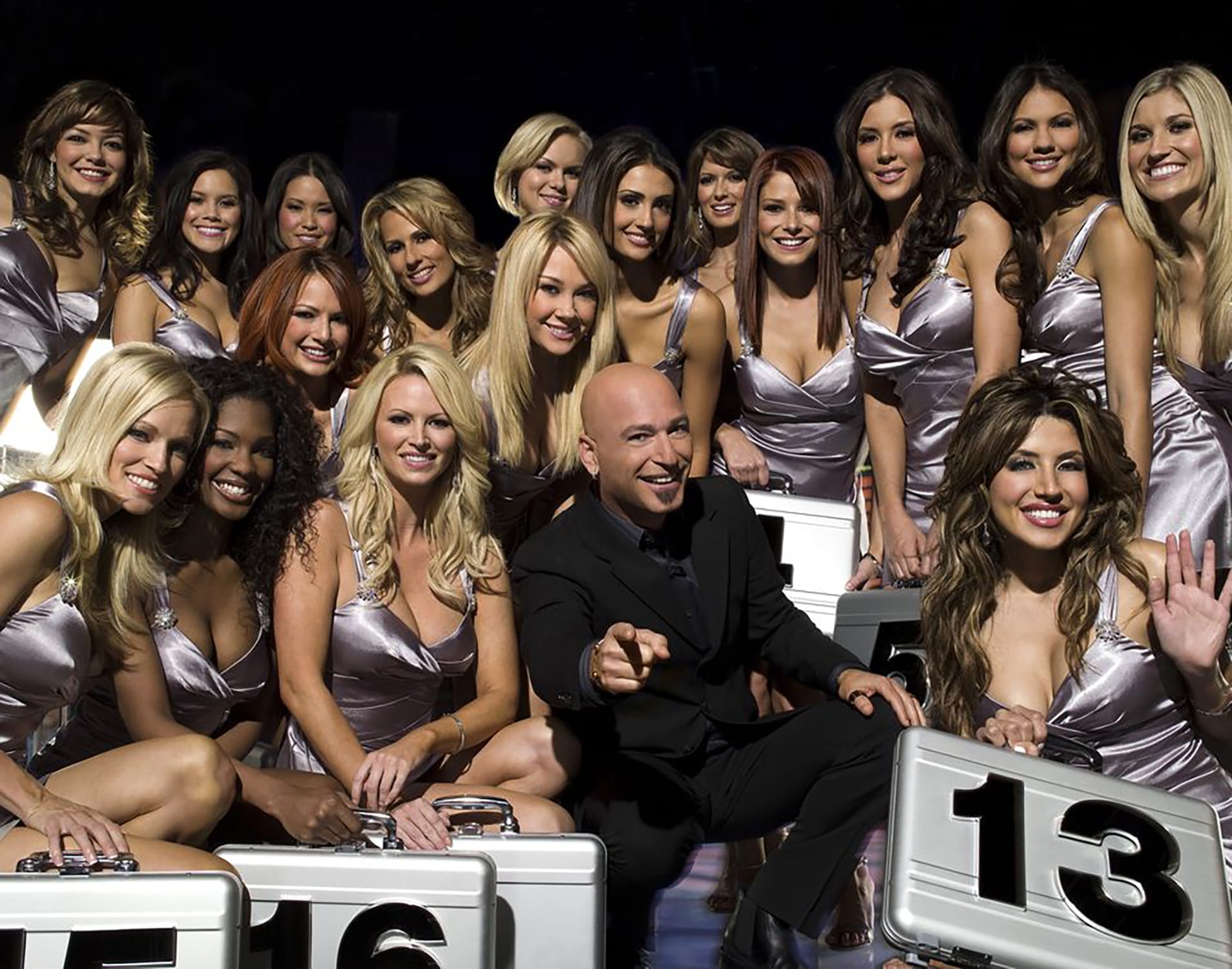
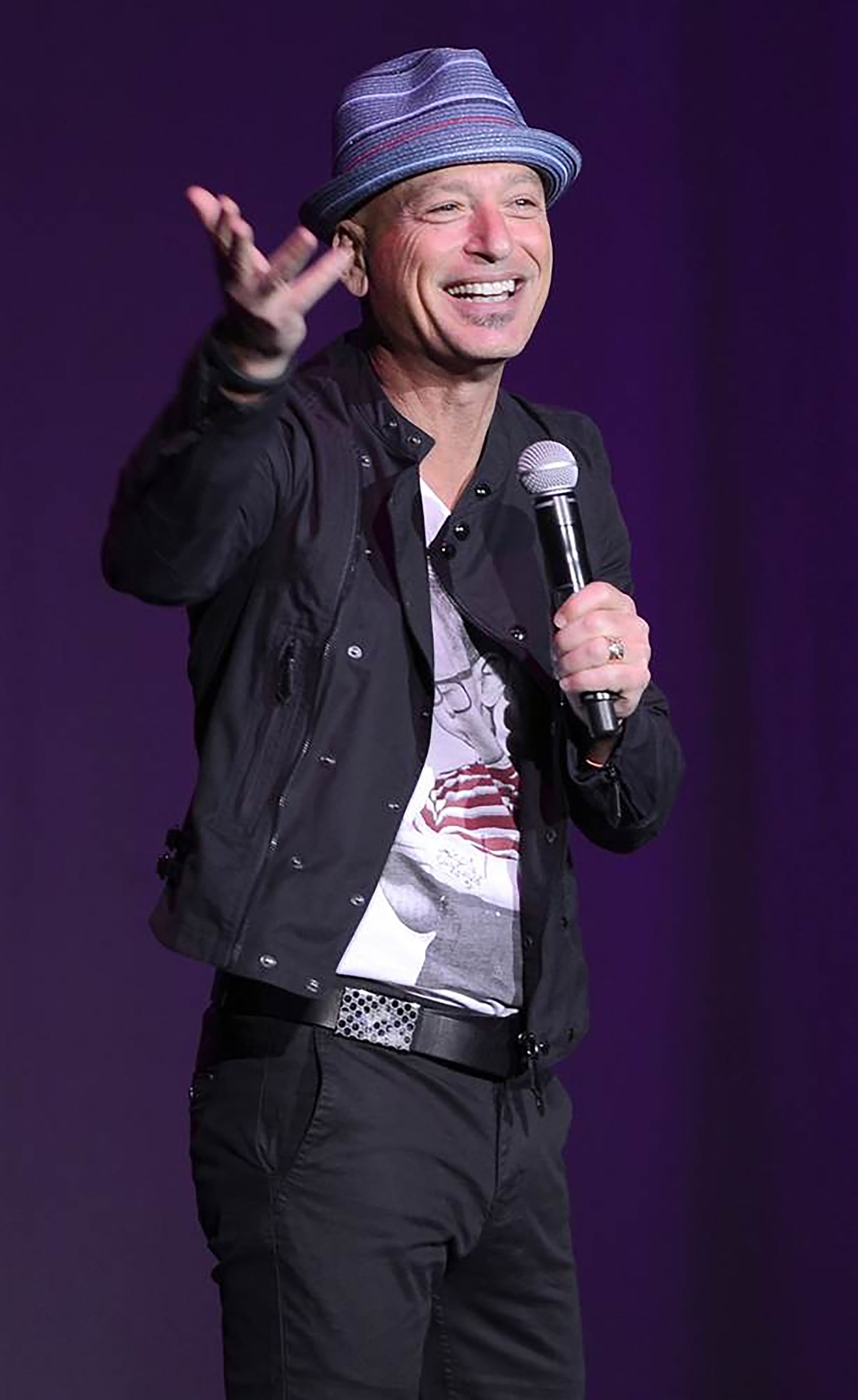
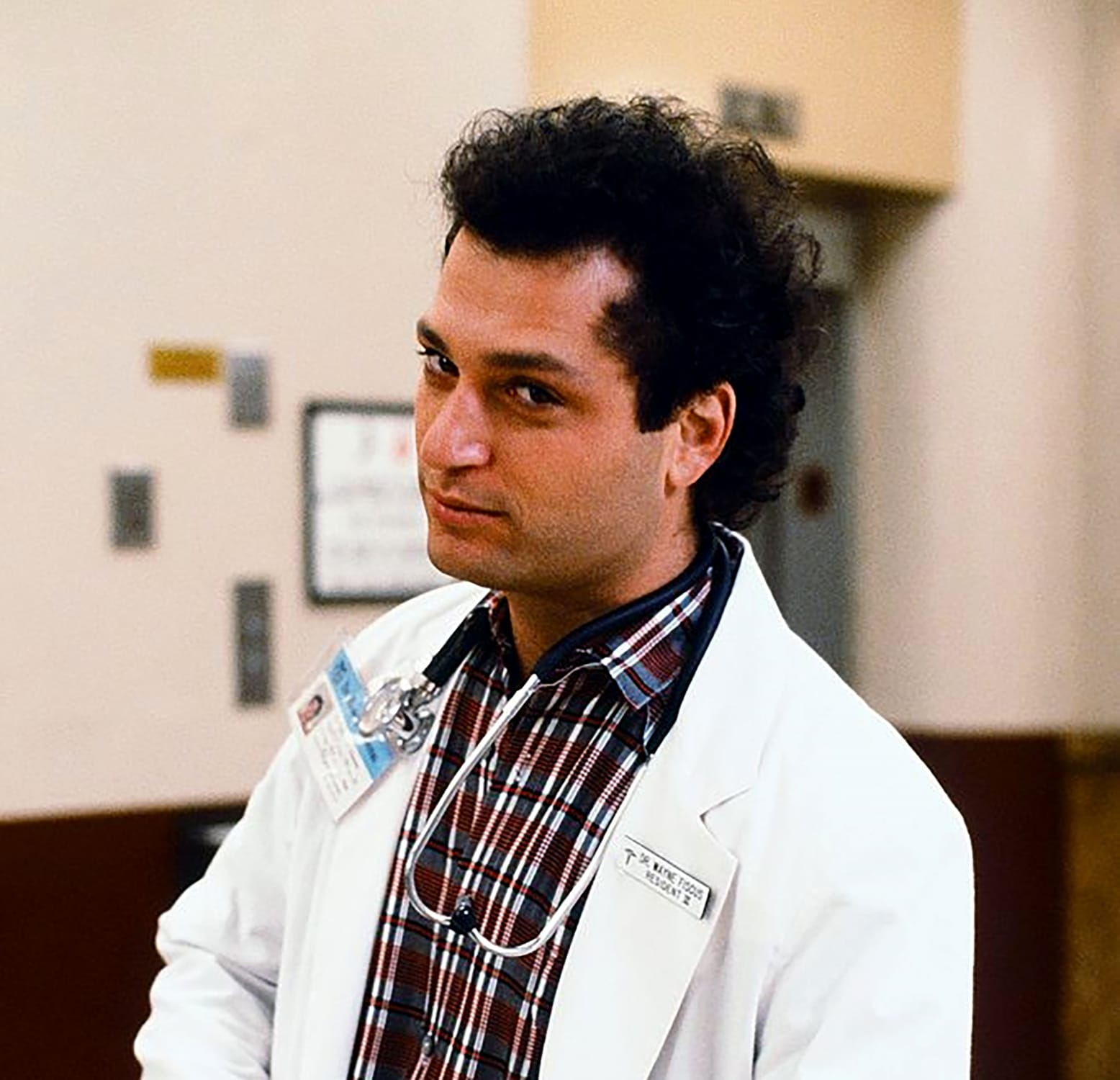
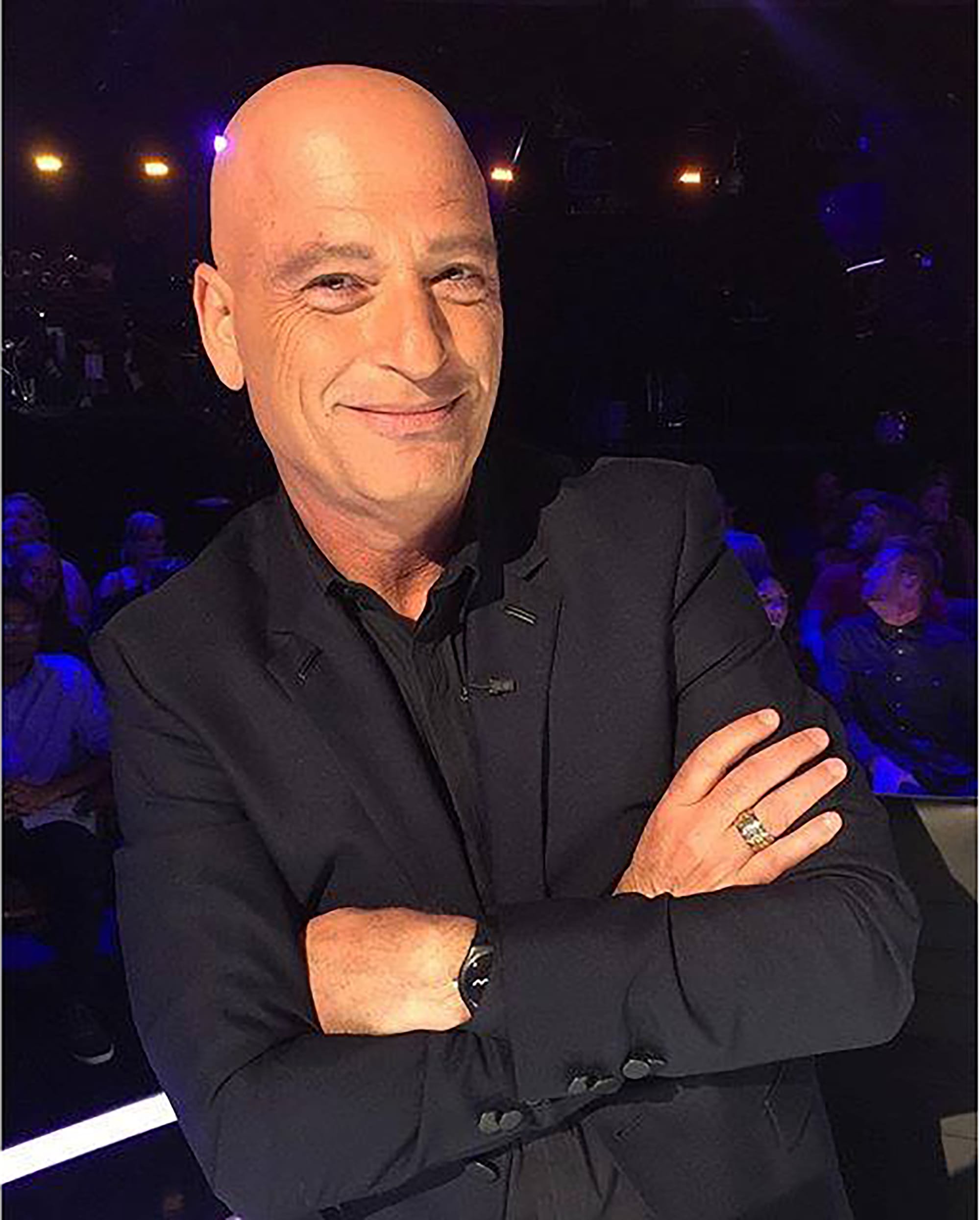
Left to right from top: Deal or No Deal, stand-up comedy, Howie Mandel as Dr. Wayne Fiscus, Howie on Deal or No Deal
Ray Romano was just another journeyman comedian who got good enough at making people laugh in comedy clubs and casino showrooms as an opening act that he was able to make the leap to NBC, where “Everybody Loves Raymond” was one of television’s most popular shows during its nine-year run.
And how about Jerry Seinfeld? For most of the 1980s, it only seemed like Seinfeld was in Atlantic City every other weekend opening for the Temptations or the Four Tops or some other musical headliner. That is, until he parlayed his 1989 summer replacement series “Seinfeld” into arguably the most successful sitcom in television history. And during his nine-year reign at the top of the ratings, Seinfeld rarely – if ever – performed a stand-up set. It wasn’t until well after the show ended that he returned to the comedy circuit.
But there are some notable exceptions.
Jay Leno is a perfect example of a stand-up comedian who remained a stand-up comedian, even during his 22-year run as the host of “The Tonight Show.” Barely a weekend went by when Leno wouldn’t tape two shows on Thursday so he could fly off on Fridays – usually on an NBC private jet – to do stand-up dates around the country, including plenty of appearances at Harrah’s, Caesars, and Borgata. Leno says during his stint on “The Tonight Show,” he banked his entire NBC paycheck and lived off the income he made doing stand-up dates.
And then, in a weirdly funny class by himself, is Howie Mandel. The former carpet salesman from Toronto, who has a funny streak a mile wide, never lost sight of the fact that stand-up is what brought him to the dance.
He burst onto the scene in 1982, not as a comedian but as a dramatic actor who had just enough of a funny bone to provide some comic relief on the hit hospital series “St. Elsewhere,” where he played Dr. Wayne Fiscus. That led him to enjoy a varied career as an actor, producer, the host of both his own talk show and the successful prime-time network game show “Deal or No Deal.” He also created and voiced the children’s cartoon series “Bobby’s World” and – for the last seven years – has been a judge on the hit reality series “America’s Got Talent.”
So go ahead, take it all away from Howie Mandel – the TV work, the kids’ shows, the movies and the many television projects that turned him from an unknown performer nearly 40 years ago to an incredibly creative and gifted person who has succeeded at just about everything he’s ever touched. But never try to separate him from standup comedy.
“I love it. It’s the only thing that I do … that’s live and gets an immediate response,” he says during a recent phone call from his Los Angeles office before performing a one-night stand at Resorts Casino Hotel in Atlantic City.
“There’s no (script) lines to recite, no editing to be done, no commercials to be thrown to. It’s kind of like the one place where I’m really, really comfortable,” he adds.
Ever since he broke into the mainstream of comedy, Mandel’s entertainment empire has been a creative and growing concern. Mandel, who also plays guitar, has occasionally been known to jump on stage with the modern rock band Train to become an unbilled member of the five-piece group.
And those are just a few of his high-profile gigs in many different areas of the entertainment industry. He’s got dozens of other smaller projects flying under the radar, too. Yet, he’d give them all up, if he had to, just as long as he could hold on the one job helped him make the move from Toronto to Hollywood to start building his entertainment brand.
Standup comedy is what first brought Mandel to peoples’ attention. His first audience was his school classmates, who cracked up at his impression of a school board member. Then he took his funny streak to the next level when he signed a contract for a school expansion. That one got him tossed out of high school.
After relocating to Los Angeles, he became a comedy club regular and won a spot on the TV comedic game show “Make Me Laugh.” That led to road work as an opening act for David Letterman, and Mandel’s career was off and running.
Unlike many of his comedy colleagues, Mandel wasn’t using comedy as a stepping stone to more ambitious projects. He developed a reputation as a show-biz jack-of-all-trades and as much of a creative force behind the scenes as he was in front of the cameras or a live audience.
As that side of his career grew, standup comedy became even more important, and remains so today. At 61, he does about the same number of comedy concerts that he did when he first caught fire in the business -- and has says he has no desire to cut back.
“I still do up to 200 nights a year, so every week or every month there’s like little mini-tours. I’m always out,” he says. “I don’t think a month goes by when I’m not doing at least 10 dates. Sometimes a lot of them are private, corporate, casinos, theaters, but I’m always out there. I think it’s important for me to be out there.”
But, he notes, the comedy landscape is different today than it was 40 years ago, mostly because of political correctness. It’s not that he’s against being political correct, but Mandel feels there’s a time and a place for everything. And a comedy stage is a place where performers should feel a little freer and be willing to occasionally cross a controversial line without it being instantly popped up on social media and taken out of context. Things are more challenging in the standup world today than when Mandel was learning the ropes in the 1970s.
“We were given an opportunity at the clubs to not only be bad, but maybe cross a line or two,” he explains, “A big inspiration for me in the ‘70s and early ‘80s was watching Richard Pryor get on stage every night and work his act out for ‘Live on the Sunset Strip,’ which became one of the seminal movies for standup comedy of all time. I watched him try out things and hone things and grow things, and that’s the way it should be. But today ... you have to be a little more careful. Everybody has a cell phone (and) some are recording you. They could (post) something that’s taken totally out of context and you could end up losing an (advertising) campaign that you’re the voice or the face of.”
When Mandel is performing standup now, he yearns for the non-PC days when just about everything and anything was fair game. As a comedian who specializes in audience interaction and a lot of ad-libbing, Mandel now finds himself in an almost awkward position of having to think a few seconds ahead to quickly determine if what he’s planning to say could be taken the wrong way and labeled politically incorrect or offensive.
“(PC) absolutely inhibits the art form of comedy,” he says, and there was a slight tone of annoyance in his voice. “A big part of my show is audience participation and improvisation, and it’s really hard to edit (yourself) when somebody (in the audience) says something and you wanna retort back right away. Sometimes the first thing that pops into your head makes you think, maybe I shouldn’t say that. Maybe that’ll be offensive, maybe that’ll get me in trouble.”



